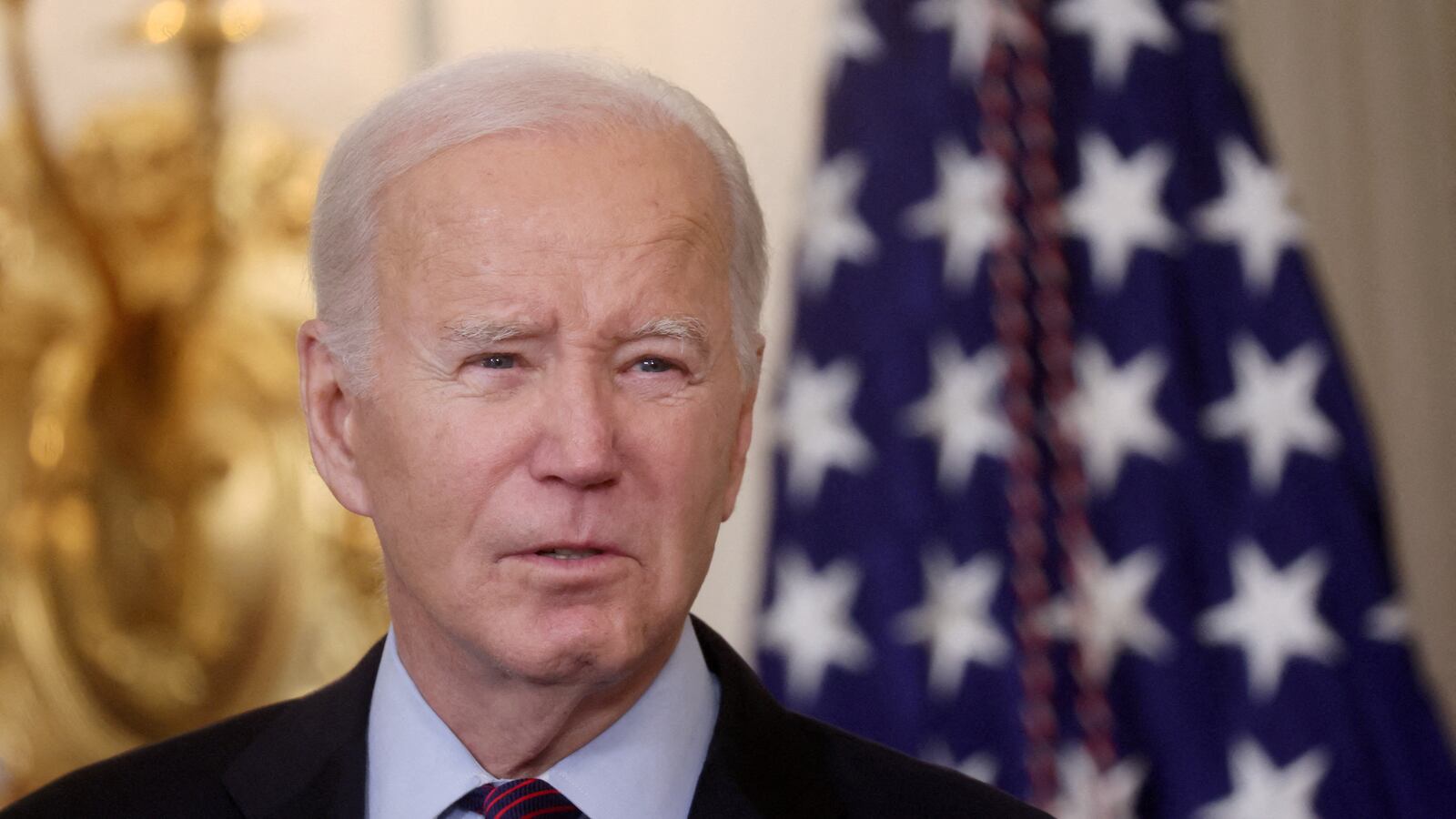Two U.S. servicemembers in northern Iraq were wounded and one was killed on Christmas, after an Iran-backed terrorist group—Kataib Hezbollah—used a drone to go after U.S. military members, according to a National Security Council spokesperson.
In retaliation for the attack, President Joe Biden directed strikes against three locations used by Kataib Hezbollah “and affiliated groups in Iraq,” Secretary of Defense Lloyd Austin said in a statement late Monday night.
“Let me be clear,” Austin said, “the President and I will not hesitate to take necessary action to defend the United States, our troops, and our interests. There is no higher priority. While we do not seek to escalate conflict in the region, we are committed and fully prepared to take further necessary measures to protect our people and our facilities.”
According to the NSC spokesperson, Biden was immediately briefed on the attacks and ordered the Pentagon to prepare a speedy response. Those options were presented to Biden during a call with Austin, and Biden chose to strike those three targets associated with Kataib Hezbollah.
“The President places no higher priority than the protection of American personnel serving in harm’s way,” NSC spokesperson Adrienne Watson said in a statement late Monday night. “The United States will act at a time and in a manner of our choosing should these attacks continue.”
U.S. Central Command additionally said the U.S. conducted the three retaliatory strikes at 8:45 p.m. Eastern time and "likely killed a number of Kataib Hezbollah militants."
Kataib Hezbollah is a radical Shiite militia group that was established in 2003 as a result of the war in Iraq. The group wants to establish a government in Iraq that is aligned with Iran. Members of the paramilitary group have killed hundreds of U.S. troops throughout the duration of the Iraq war, and the U.S. considers Kataib Hezbollah a terrorist organization.
While the U.S. officially ended its combat mission in Iraq two years ago, there are still about 2,500 U.S. troops in Iraq, serving in a number of capacities, to help anti-jihadists in the country counter ISIS and curb Iran’s influence in Iraq.







